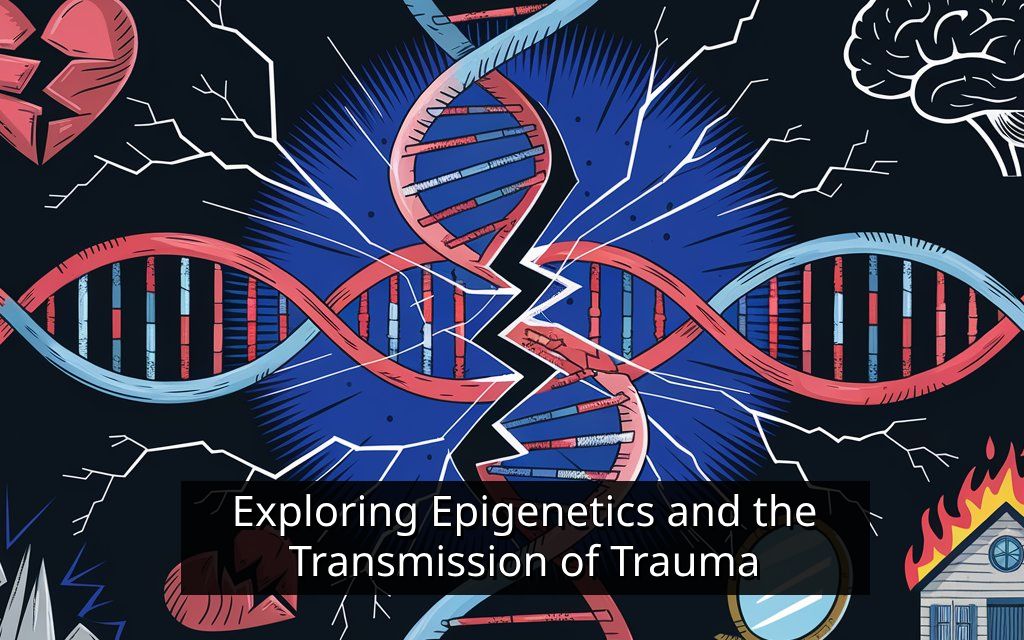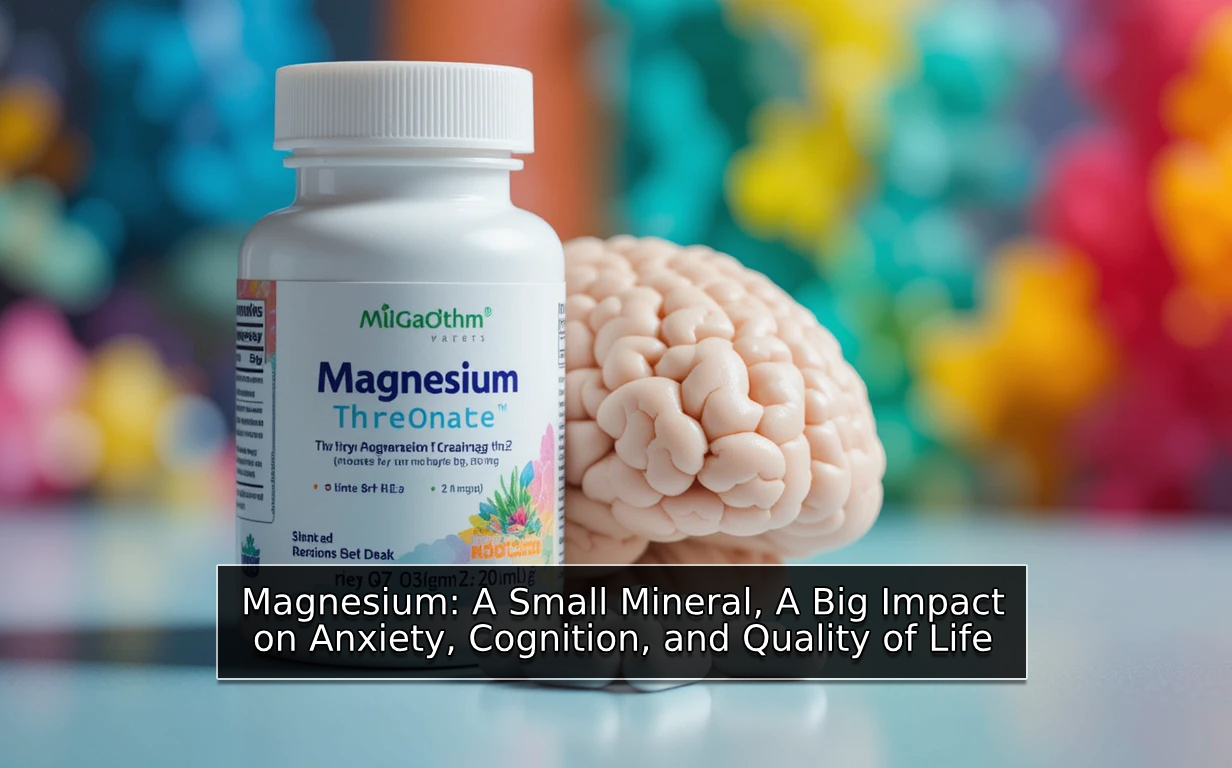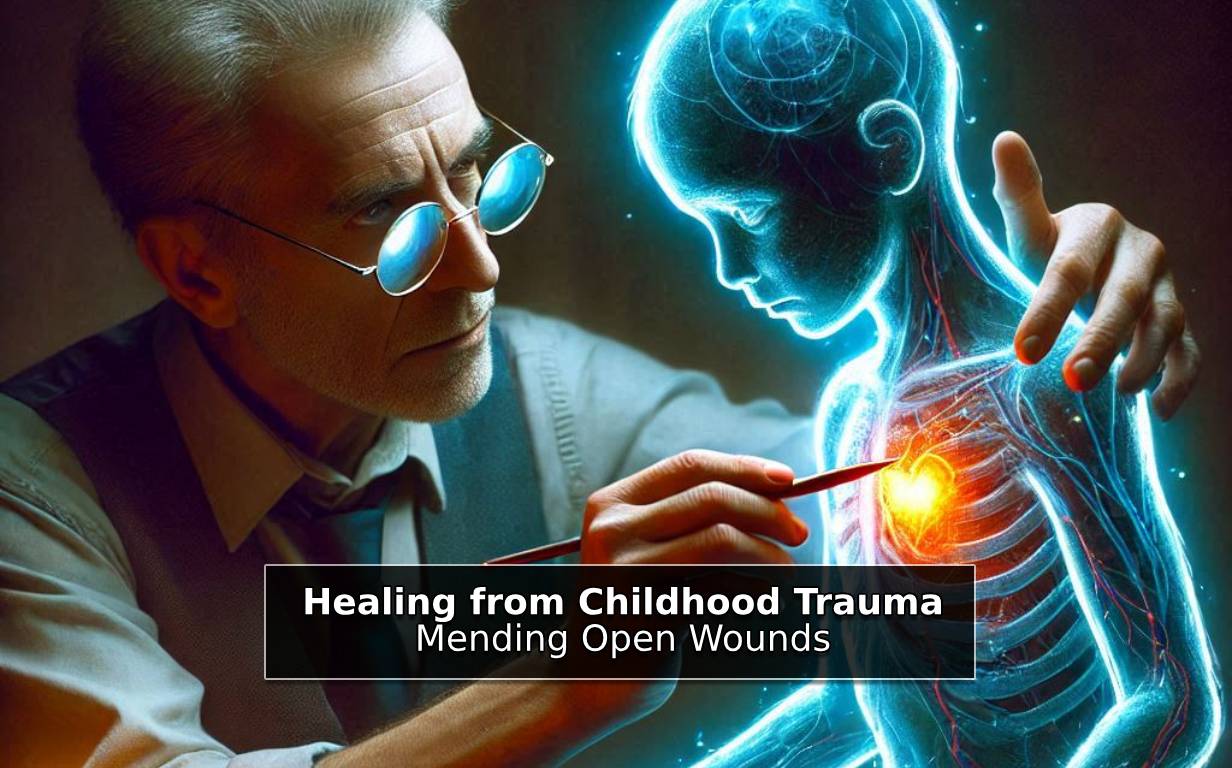Exploring Epigenetics and the Transmission of Trauma
Can Trauma Be Inherited?
Have you ever wondered if the trauma experienced by your parents or grandparents could affect you? This intriguing question is at the heart of a growing field of study called epigenetics. Epigenetics explores how our behaviors and environment can change the way our genes work without altering the DNA sequence itself. Let’s dive into the science behind this and understand how trauma might be passed down through generations.
What is Epigenetics?
Epigenetics is the study of changes in gene expression that do not involve alterations to the underlying DNA sequence. These changes can be influenced by various factors, including our environment, lifestyle, and experiences. Essentially, while our DNA provides the blueprint for our bodies, epigenetics determines how that blueprint is read and executed.
How Trauma Affects Gene Expression
When we experience trauma, it can lead to changes in our bodies at a molecular level. These changes can affect how our genes are expressed. For example, stress hormones released during traumatic events can lead to chemical modifications in our DNA. These modifications can turn certain genes on or off, impacting how our bodies and brains function.
Can Trauma Be Inherited?
Research suggests that trauma can indeed be passed down to future generations through epigenetic mechanisms. This means that the effects of trauma experienced by one generation can influence the gene expression of subsequent generations. Here are some key findings:
- Animal Studies: Studies on animals have shown that exposure to stress can lead to changes in gene expression that are passed down to offspring. For instance, mice exposed to stress exhibited changes in their DNA methylation patterns, which were also observed in their offspring.
- Human Studies: Research on humans has provided evidence that trauma can have intergenerational effects. For example, children of Holocaust survivors have been found to have altered stress hormone levels and gene expression patterns similar to those of their parents.
- Mechanisms of Transmission: The exact mechanisms through which trauma is transmitted are still being studied. However, it is believed that changes in DNA methylation and histone modification play a significant role. These epigenetic changes can affect how genes related to stress response and emotional regulation are expressed.
Implications for Mental Health
Understanding the epigenetic transmission of trauma has important implications for mental health. It highlights the need for a holistic approach to therapy that considers not only an individual’s experiences but also their family history. Here are some therapeutic considerations:
- Awareness: Educating clients about the potential intergenerational effects of trauma can help them understand their own mental health struggles in a broader context.
- Therapy based on knowing the family background: knowing the family background may provide an answer to dynamics and patterns that may have been influenced by past trauma.
- Personalized Interventions: Tailoring interventions to consider an individual’s genetic and epigenetic background can enhance the effectiveness of treatment.
Epigenetics and CBT or ACT therapy
While the field of epigenetics is still evolving, the evidence suggests that trauma can indeed be inherited through changes in gene expression. This understanding opens up new avenues for therapeutic approaches that address the root causes of mental health issues. If you or someone you know is struggling with the effects of trauma, consider seeking support from an updated ACT or CBT therapist who can provide personalized care based on the latest scientific insights.
Contact now
Ready to take the first step towards positive change? Contact me now for more information and to schedule an appointment. Whether you prefer in-person sessions in Tel Aviv or virtual meetings via Zoom, my integrated approach of Cognitive Behavioral Therapy (CBT) and Acceptance and Commitment Therapy (ACT) can help you break free from struggles and find greater fulfillment in life. I'll be sure to get back to you as soon as possible. Let's embark on this transformative journey together!
Call Whatsapp 052-2325511
Or fill out the following form.
Can ACT and CBT assist you or your loved ones?
Welcome to my therapy practice, where I offer a powerful combination of Cognitive Behavioral Therapy (CBT) and Acceptance and Commitment Therapy (ACT) techniques. CBT is a goal-oriented, short-term approach that's highly effective for anxiety, depression, low self-confidence, and more. ACT complements CBT, helping you navigate life's challenges and find fulfillment and authentic, happier life.
If you're struggling with anxiety, depression, low self-image, or facing setbacks, CBT combined with ACT may be the key to transforming your life. Break free from the struggle and take a step towards a happier, more fulfilling life.
Contact me today to schedule an appointment and embark on your journey of positive change. You don't have to face it alone; I'm here to support you every step of the way. Let's work together to create the life you deserve!





